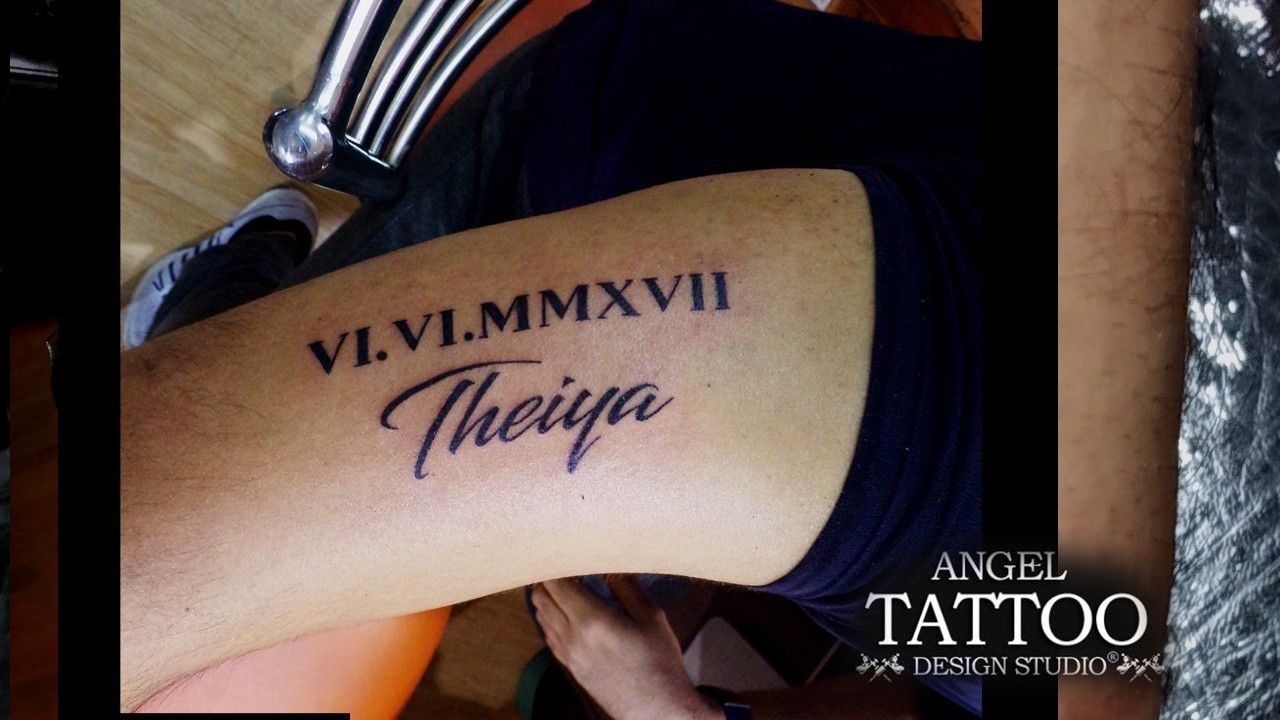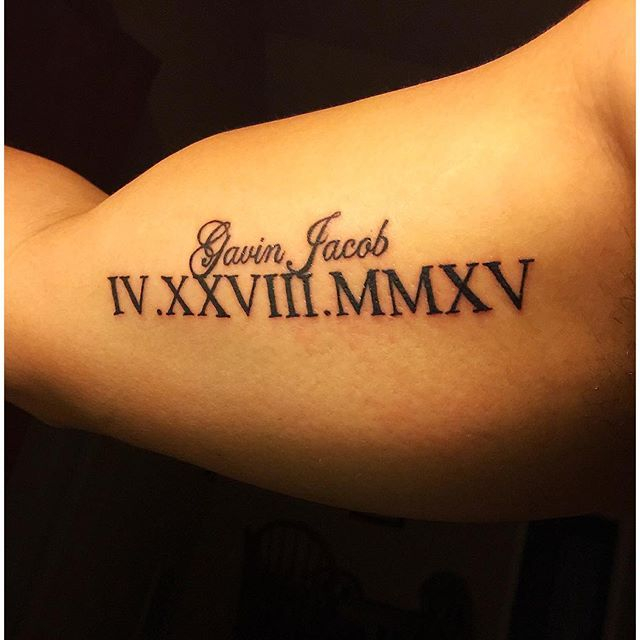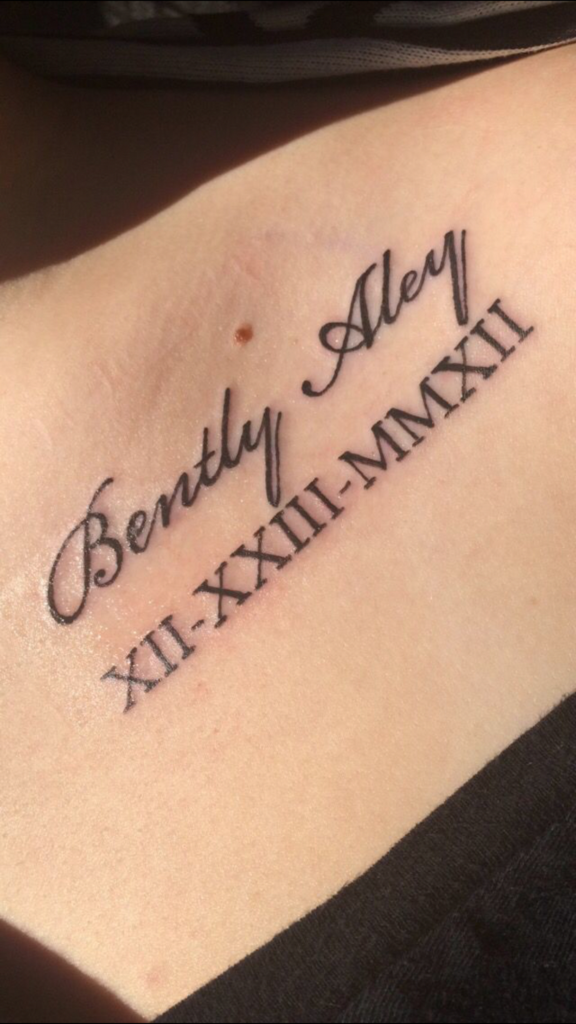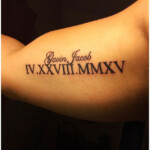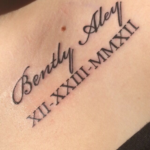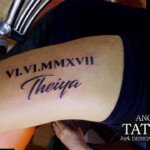My Name In Roman Numbers – Roman numerals used in Europe are used extensively for writing numbers. They were the standard for writing numbers prior to the end of Middle Ages.
Addition
The Roman numerals are a standard set of symbols in mathematics. Roman numerals are the common set of symbols in math. They must be used in the correct order and should be set to give the desired results. They are employed to calculate an add-on number without using zero or to represent a number, such as an author’s chapter number.
Romans employed maths to manage records for military and organize construction projects. From the Middle Ages, Roman-inspired counting boards were used extensively throughout Europe.
As the Romans got older, they could use more complicated systems that provided more complex multiplication and division. They employed a decimal system with the use of ten numerals and four letters. They were similar to the ones used to create the Abacus. This gadget had glass counters that had beads.
One of the most complex algorithms of computation was the abacus. It organized numbers left-to-right, as it was supposed to. Long division was not feasible with this method.
Subtraction
Roman numerals can be used in many ways. They use symbols to represent numbers that are base in a subtractive scheme. These numbers are usually used to count and indicate hierarchical connections. However, they are also used in photography to indicate different brightness levels.
The Romans depicted numerals using an abacus. Their abacus resembled a well-known object. The device was used by Romans to count as well as for military accounting. Three unciae could represent a quarter the Roman army.
The Roman numeral system served one main purpose: to facilitate addition, multiplication, and multiplication. The letters C and X were employed to achieve this. However, unlike modern abacus, the symbols needed to be fixed and could not be altered.
Also it was simple to subtract numbers using Roman numerals. Roman numerals insist that the lower letter must be followed with a larger letter that is at least 10 times larger. The value of a letter must be lower that the original number.
Stairstep pattern resembling an broken fractal
There are many fractal patterns and forms found in nature. Architectural and engineer have cleverly utilized fractal geometry in the field of architectural design to create complex digital artifacts.
Recursion is a mathematical concept that creates the fractals. This is a method to solve problems. For instance, you start by using the square-based letters U and then multiply the area by four to create the Dragon’s Curve. The space you create between the square’s two sides with each repetition.
Another example of recursive building is the Sierpinski-Triangle. The triangle is comprised of four smaller triangles, each having the same design.
Fractals originated as methods of modeling physical objects. However, modern computational algorithms now make it possible for vegetable designs to be replicated.
One of the greatest benefits is the fine-grained, intricate nature of natural branches of fractals. It is characterized by an symmetry of zoom and structural appearance.
Different fields of study offer various explanations for branching formations which are reminiscent of trees. However, sunlight is the only thing that a tree requires to photosynthesise. A tree that has a branching structure can have many mechanical benefits.
Origins
Roman numerals first came to be discovered in Rome as a city that was once a major city and state. They serve a number of functions in the contemporary world. They are used for example, to keep track of the media. They are also included as in the names used for popes.
Roman numerals could have been derived from the tally sticks utilized in the Roman Empire by shepherds to count their flocks. However, it’s not known from where they originated from. Based on the type, the notch that represents the 10th sheep will be an “X” shape.
Images of these were utilized even after the destruction of the Western Roman Empire. Later, the Arabic systems replaced them. After their introduction to Europe during the eleventh century of Europe, the numbers had gained wide acceptance by the 16th Century.
Roman numerals are still being utilized, even though they are simpler to remember as compared to the Arabic system. They appear frequently on clocks, sporting events and the names of popes and kings.
